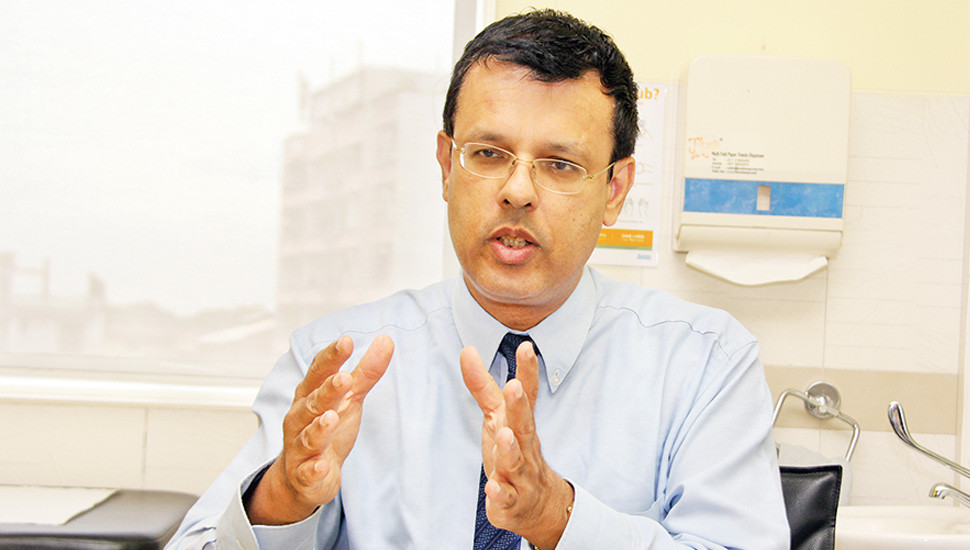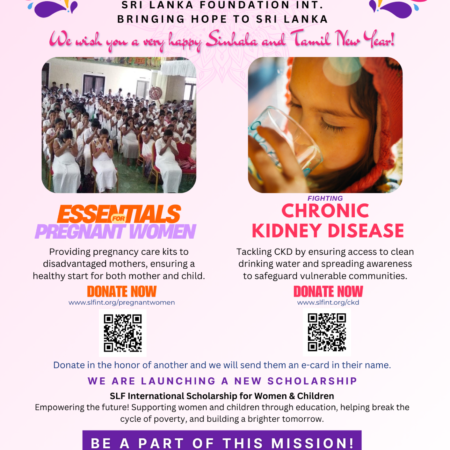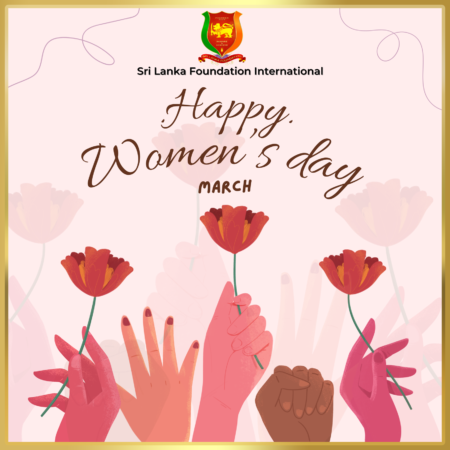Prof Suranjith Seneviratne, Professor and Consultant in Clinical Immunology and Allergy at the Royal Free Hospital and University College London, dispels some of the myths and misconceptions surrounding COVID-19 vaccines. “All the data point towards the increased and prominent benefits of vaccination. You can look at the data from the countries that have vaccinated more people and that now it is preventing people going to hospital ICUs and dying.”
Following are excerpts:
Why do we need vaccines?
A: In general, if a person gets an infection, the immune system comes into place and produces antibodies and white cells – T cells and B cells. During that process, the cells produce memory and the next time they meet the virus or the bacteria, there will be immune memory which will prevent the person from getting that infection. But, the problem is if you get an infection, some can become very ill or even die. So, what we try to do with vaccines is to mimic a natural infection. For example, rather than allowing a child to get measles, you will get a vaccine to mimic that process so that antibodies and white cells are produced. So, when the child meets the measles virus, that child will not get a severe infection.
Similarly, with SARS-CoV-2, we are trying to mimic the virus and produce antibodies and white cells, so that we would have protection when we meet the virus.
Can you elaborate a bit more about herd immunity?
A: If we have a certain proportion of the population that is immune to the virus, it varies from 60-80 per cent, you will find what is called herd immunity. Then the spread of the virus is limited to a great extent. It would be ideal to get 100 per cent of the people immune, but what we want is to get a certain proportion of the population immune.
It really depends on the rate of transmission. If the transmission is high, you will find the population that has to get immunity is higher. Or, that percentage has to be vaccinated, in order to break the transmission. Otherwise there will not be a sufficient number of people who are not immune to get the infection.
Were these vaccines made as a quick fix, disregarding protocols?
A: If we turn back to March, April, May of last year, people did not have much hope that we would be able to produce a vaccine for SARS-CoV-2 because for infections like HIV, Malaria, TB we still don’t have good vaccines. However, the world came together with a lot of different resources and they worked in parallel. Previously, when developing a vaccine, it took about 15 years. The reason was first pre clinical studies had to be done, then the Phase I, wait some time, analyse the data, then do Phase II, then after that Phase III, etc. But, what happened here was things were telescoped together; that is while Phase I was being done, Phase II and III were also starting. While the studies were going on, the regulators were getting the data. Previously, one Phase has to be finished, before even deciding on going through with the next phase.
So they did not cut down on protocols. They did everything right, but all at once?
A: Absolutely. Rather than doing one after the other, they did it all together. So, the human studies were done while the animal studies were going on, which would not have occurred previously.
There are different vaccines available?
A: So, one method is to take the live virus and attenuate it so that it is not dangerous. That’s called a live attenuated. The second is, you can take the virus and kill it – or inactivated. We have had such vaccines for a long period of time. We have live attenuated vaccines like measles, mumps, rubella.
Then there are new methods. One is a subunit vaccine. That is you take parts of the virus, not the whole, and you can inject it to people. Then you have the one that uses the mRNA technique, where you take the genetic material of the virus, and then coat it with lipid and get into the cells. So, this molecule called mRNA it’s generally unstable, and when it goes into the cell it is changed by a part of the cell called ribosome into proteins. And the protein is recognised by the immune system and you make an immune response.
The important fact is that mRNA does not get attached to the DNA, because there is a question if it gets integrated or attached. It doesn’t because it breaks down. That’s the reason why -70 or -20o Celsius has to be used when storing and transporting these vaccines.
The last method is where we use another viral vector. As we say, it’s a carrier. The Oxford vaccine, the AstraZeneca vaccine, used a chimpanzee adenovirus – a virus that causes colds in chimpanzees – it has no chimpanzee material, just the virus. They took this virus and put the spike protein part of the SARS-CoV-2 into it. When it is taken to the cell then the protein is produced, and then you find that the immune system recognises it. That is the Oxford AstraZeneca vaccine.
You said there is no chimpanzee material in AstraZeneca. Is there pig material or cow material in this vaccine?
A: No, there is no pig material. Absolutely no human or animal material in vaccines.
Are there any chips in the vaccine where that Government can monitor your movements?
A: Absolutely not! It doesn’t come into the manufacturing process. Absolutely not.
Can this vaccine cause cancer?
A: So far, there is no signal, we know it’s been a short period, but they have been using mRNA vaccines actually for cancer treatment because that is where it was trialled. We would like to follow all these vaccines and look for any signals. But, there is no signal at the moment.
Because there are different types of vaccines around, some people find it difficult to trust the vaccines.
A: We cannot manage to vaccinate the whole world with one vaccine. You need several types of vaccines. No company can produce so many vaccines. One important thing from someone who is working in the field, who would not, as a scientist, as a clinician we would not accept things which are subpar for our patients. And, we know by looking at the information that has been released that the vaccine trials have been conducted in the way it should be. They are being looked at in detail by the different regulators, the country’s regulators, and they spend hours on end to see that it has been done properly.
Are all these vaccines in the higher safety margins?
A: Exactly. The important thing is we always talk about the vaccines that have been approved. But, we must remember that in Australia there was the CSL vaccine, which was found to be problematic. It was stopped. Pharmaceutical companies in the UK and France manufactured a vaccine, which was again found to be not effective. It was also stopped. We only hear about the vaccines that have really been approved.
Are all the vaccines that have been approved very safe?
A: We as clinicians and scientists go through the publications. But the regulators have the actual primary data from these different patients and they have gone in detail. And, it’s across the regulators. I mean, you have the British regulators, the European regulators, WHO came out telling that AstraZeneca could be given to all ages. Then you have the U.S. regulator, FDA, which is not an easy regulator to please. I mean, they’re very stringent. These vaccines have gone through these regulators. It’s not that someone is just saying that this vaccine should be taken.
Is there a vaccine that is specifically for the developing world?
A: Some of the vaccines require special storage and transportation conditions. This is difficult to meet in certain areas in Asia and Africa. Secondly, some of the RNA vaccines cost far more to get compared to viral vector vaccines. AstraZeneca is given to the world at a cost. It’s about USD 3 per dose. Also, the Oxford vaccine is licensed through the Serum Institute of India, which is manufacturing it. This is the one that is being now used in Sri Lanka, where they use it on medical personnel, and that vaccine can be stored at 4-8 degrees in the fridge. Therefore, for countries like Sri Lanka, Bangladesh, the Maldives, that is a wonderful combination of being low cost, effective vaccine and that it can be stored in the fridge rather than needing special storage facilities.
The Serum Institute of India is one of the biggest manufacturers of vaccines in the world. It’s like a vaccine factory in the world. This is a UK licensed vaccine, which is produced in India. It’s also being given to the neighbouring countries.
What percentage of the world needs to be vaccinated?
A: At least 60 to 70 per cent to get herd immunity. Initially they will focus on high risk groups, and then move on to the other groups.
If we don’t vaccinate, what percentage of people might die?
A: You can see the number of people who have died. But, more than a million. In addition to deaths, it is affecting health services. We are finding it impossible to manage some of the ITUs.
Can pregnant women and children be vaccinated?
A: Yes, pregnant mothers who are in the high risk group such as healthcare workers can have the vaccine. It is safe for pregnant mothers. It has still not been licensed for children because the trials were over the age of 18.
Will the vaccine work for the new variants?
A: There is the new UK variant, the new South African variant, the Brazilian, the Los Angeles, and now other additional variants of the UK variant. There are few things you look with regard to a variant. Does it increase transmissibility, does it increase infection, severity of the infection, does it affect the testing, and does it affect the vaccine response. So far, what has been found is increased transmissibility by a lot of these different variants. However, most of the vaccines can manage the UK variant. But, the South African variant is the troubling variant. Some of the lab and clinical work is showing that the vaccines may not be as effective. We know about the small trial in Oxford vaccine in South Africa where they found it was not very protective for mild to moderate infections in South Africa.
There are a number of misconceptions surrounding the COVID-19 vaccine. One of them is that smokers and those who consume alcohol should not get vaccinated. Is this correct?
A: Absolutely not. Smokers belong to the high risk category. Some Western countries, especially the U.S., have prioritised smokers because they are in the higher risk group for getting severe symptoms.
Can the vaccine cause infertility?
A: This is a very common concern among young couples. But, this has absolutely no truth. The vaccine is very safe; it cannot affect the reproductive system in any way. There seems to be a lot of misconceptions regarding the COVID-19 vaccines, even among health professionals. Therefore, it is important to get correct information.
After getting the vaccine, will a person test positive for COVID-19?
A: You won’t test positive in the PCR test. That is very important because some people want to travel and they want to ensure that they’re negative. The important thing is the lab should get the correct antibody test and the general public should not worry about the technicalities.
Will there be allergic reactions?
A: There have been some cases of allergic reactions when it came to mRNA vaccines. But, when it came to AstraZeneca vaccine, allergic reactions have not come to focus as a major issue.
What are the side effects of taking this vaccine? And will they get worse with the second dose?
A: All medications and vaccines produce mild side effects. But, we try to mitigate those effects and ensure that they are not severe. So that risk benefit is very much in the favour rather than any side effect component. With this vaccine you will get local tenderness, swelling, fever, some chills, headache, fatigue, etc. But the important thing is, from observations around the world, those are classified as mild to moderate and they recovered very quickly. We wouldn’t want any severe adverse effects. So far, the observation is these vaccines are not producing that.
Do those who have already got the COVID-19 infection and have recovered still need to get the vaccine?
A: You are expected to get the vaccine whether you had COVID or not. That’s important. If they already have immune response, a vaccine dose will strengthen that immunity. What I would advise such patients, is to take paracetamol and antihistamine. They do not affect the immune response. They only reduce the reactogenicity.
How safe it is to travel after getting the two doses of the vaccine? Can people avoid the quarantine?
A: The important thing to remember is we have to remember that the vaccine efficacy has been worked out against getting the symptomatic disease. The amount of data on the carriage of the virus and transmission is still limited. Oxford has tried to do that and it has shown that PCR positivity has reduced. There is a positive direction from there with regards to reducing transmission. Even after getting the vaccine you have to follow proper social distancing, wearing masks, and travel will open at the appropriate time once a certain number of the population has been vaccinated, because we’re striving for the 60-70 per cent to create herd immunity. The important thing is, just because you get the vaccine doesn’t mean tomorrow you should get rid of the mask and have big gatherings.
By Vindya Amaranayake
Ceylon Today











![TV-Poster-All-Exhibition-Sri-Lanka-in-Focus-USA-2025[1]](https://www.srilankafoundation.org/wp-content/uploads/2025/04/TV-Poster-All-Exhibition-Sri-Lanka-in-Focus-USA-20251-450x450.jpg)










